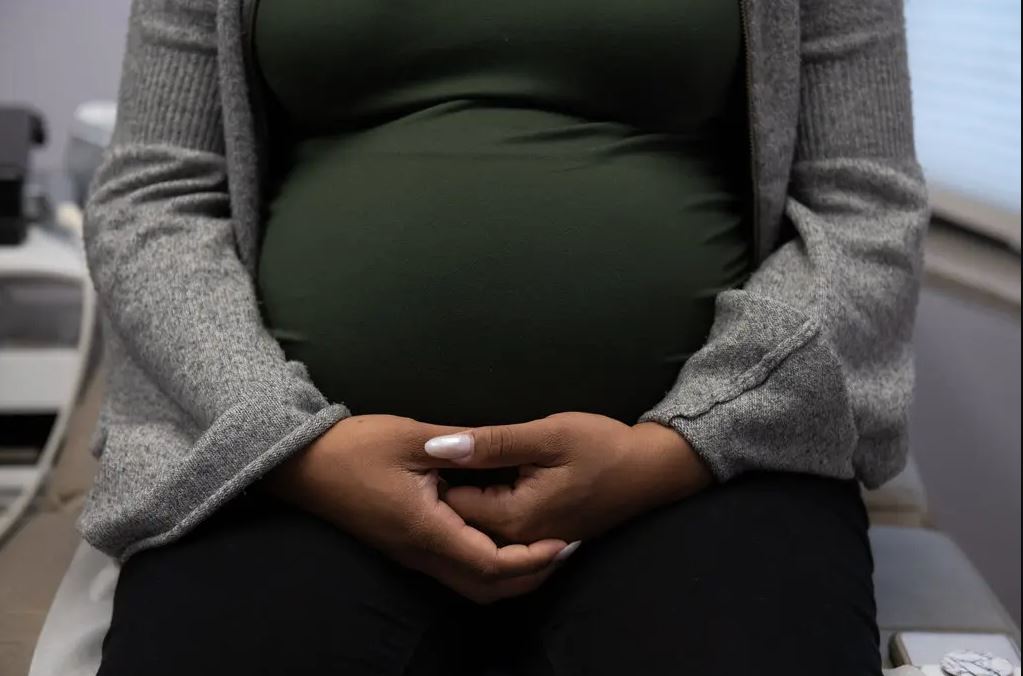Pre-eclampsia, a severe type of high blood pressure that is a primary cause of disability and mortality among childbearing women, may now be detected by a blood test that has made by the Food and Drug Administration.
This illness disproportionately affects Black women in the US and may have had a role in the tragic death of Olympic gold medalist and track sensation Tori Bowie. Allyson Felix and Tianna Bartoletta, two of Ms. Bowie’s Black colleagues, also suffered with pre-eclampsia throughout their pregnancies.
Among the numerous pregnant women who exhibit suggestive symptoms, the new test may provide an early warning by determining who will go on to acquire the potentially fatal condition within the following two weeks.
However, since pre-eclampsia often improves after delivery, it is unclear how much the test will improve results and save lives.
In Europe, you may get your hands on Thermo Fisher Scientific’s new blood test since it was developed a few years ago. It’s prescribed for pregnant women with high blood pressure who are 23-35 weeks along in their pregnancies and hospitalised.
Patients who are not at risk for developing pre-eclampsia within the following two weeks may be safely released from the hospital based on the results of this test, which has a 96 percent accuracy rate. However, in the other two-thirds of women who test positive, pre-eclampsia will worsen to the point where their infants may need to be delivered early.
The prevalence of pre-eclampsia has increased in the United States, where it now affects roughly one in every 25 pregnancies. Midway during a pregnancy is often when the issue presents itself, however it may also happen after delivery. Seizures and death are possible outcomes of a disorder called eclampsia.
Pre-eclampsia is more common in black women than in white women, and black women are three times as likely as white women to have kidney impairment or death as a result of pre-eclampsia. The infant mortality rate is considerably higher for black moms.
The ratio of two placental proteins is determined by a blood test. In November, researchers reported their findings in the journal NEJM Evidence, which followed 1,014 pregnant women diagnosed with hypertensive disorder of pregnancy across 18 hospitals in the United States between 2019 and 2021. Just about a third of the population was African-American, and 16% was Hispanic.
The blood of women who developed severe pre-eclampsia was discovered to have a dramatic imbalance between the two proteins. Patients with the largest ratios had a 65% risk of developing severe pre-eclampsia and of giving birth within two weeks, either naturally or after being induced.
Women with preeclampsia symptoms who test negative may be comforted and sent home, but Dr. Rana recommends repeating the test in two weeks.
Pre-eclampsia may develop rapidly, and its early symptoms may be difficult to detect without a blood test.

